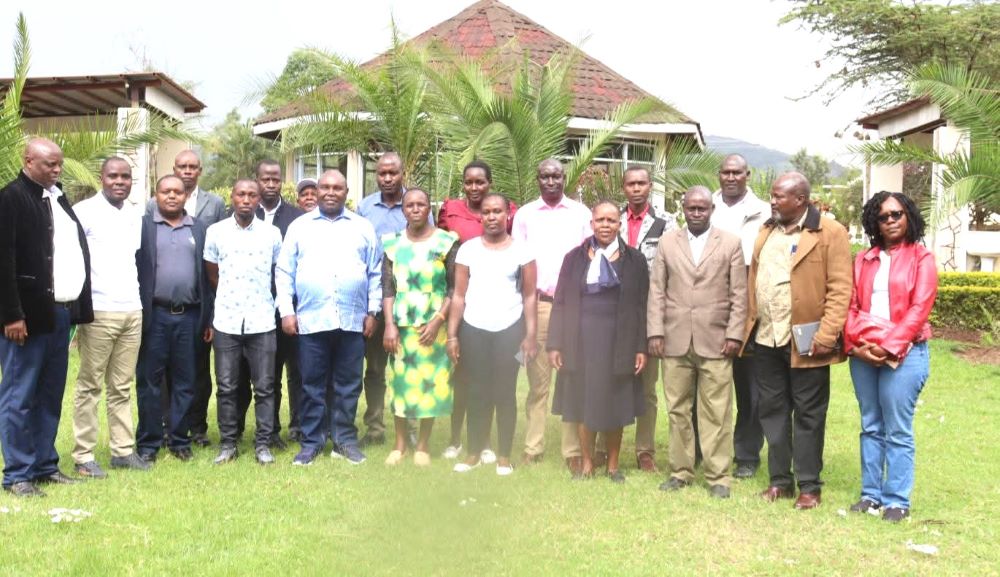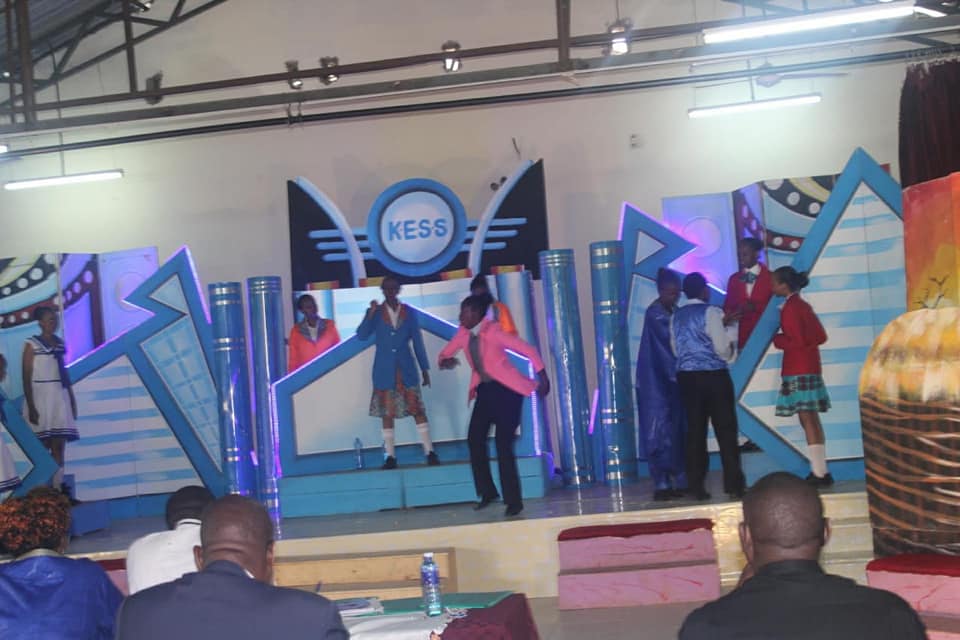By Amoto Ndiewo
Koriyo Aden was a standard six pupil at Tetu Primary School when his tutor Madam Habiba Aden noted that his school attendance was erratic.
She followed up on the case and discovered that Koriyo’s parents made him look after goats instead of going to school, despite the fact that he is partially visually impaired.
“The boy walked in tatters while his siblings wore good clothes. He was sent to fetch firewood and cook for the rest, although the chores are solely the preserve of girls in the upbringing of the Somali culture,’’ he said.
Habiba adds that Koriyo was ridiculed in school.
“In school, Koriyo was a laughingstock as other students called him names,” Habiba said.
Habiba said amongst the Somali community, disability is taken as a curse and the disabled are called by names such as Koriyo bala (the blind) in the case of the boy.
“If you have sight problems you’ll be called ‘chongo’, ‘Bala’ and if you limp, they call you ‘jis’, the one legged will be called ‘jeri’, while a hunchback will be known as ‘ture’,’’ said Habiba who admits the victims have to live with such derogatory names.
Habiba wonders how no teacher notified the headmaster of the poor boy’s eye condition.
She adds that they discovered Koriyo’s problem and took him for cataract operation and he regained full vision.
According to Habiba, due to the belief that the disabled are cursed, many parents hide their disabled children.
Habiba added that negative attitude towards disability leads to the social exclusion and isolation of people living with disability.
According to Mohamed Rage, people believe that disability is caused by factors such as the influence of past lives, mystical intervention or past action of a parent.
Antony Maina, Field Officer Womankind Kenya, echoed the sentiments.
Maina, who has a project promoting disability awareness in Garissa and its environs, said they use the process of reflection and education after they investigated local understanding of disability unconstructed concept in Garissa.
Maina faults Kenya’s education system on how they handle the issue of disabled learners.
“The cruel society mistreats disabled children just like the unsatisfactory education system,’’ said Maina.
Maina regretted the lack of a proper framework to integrate the challenged children in regular schools.
He expressed hope that the CBC will be more exclusive and a better education system for the Special Needs Schools.
Ahmed Khere says the belief that the disabled are cursed is confirmed by Somali folklore. He says in the past, some people called on the mighty Sultan to reinstate the disable to normality.
“It didn’t take a week before the healed man knifed two people to death. On hearing the news of the two murders, the mighty Sultan felt vindicated. Allah knew better, why he had impaired the killer,’’ continues the narration.
Garissa Director of Children Services Mohamed Abdi Hussein warned parents against hiding disabled children, locking them up or overworking them physically and mentally.
“Mistreating the disabled children and not taking them to school is criminal and such offenders won’t be spared by the law,’’ said Hussein.
Abdi said challenges associated with disability are related to the burden of caregiving and perceived barriers to inclusion with stress as a shared bi-product.
2019 KPHC reported that Garissa County had 1,285 people living with disability in mobility, cognition, hearing, self-care and communication challenges.






